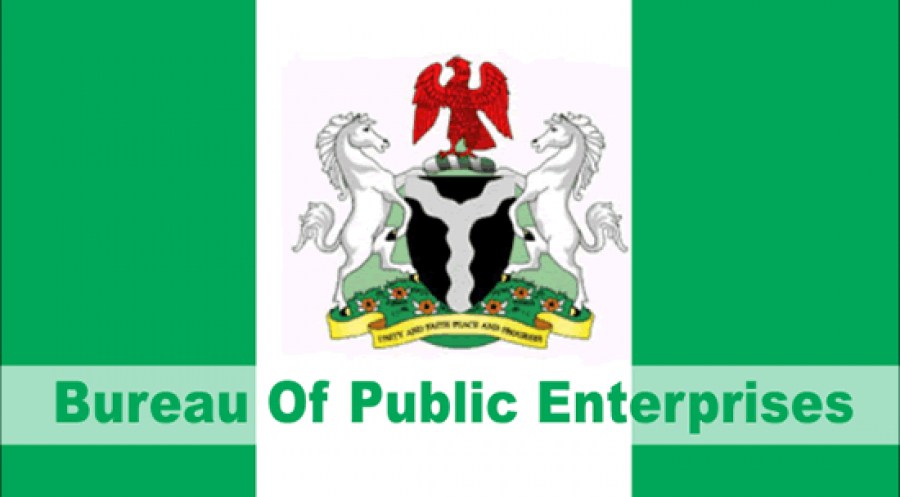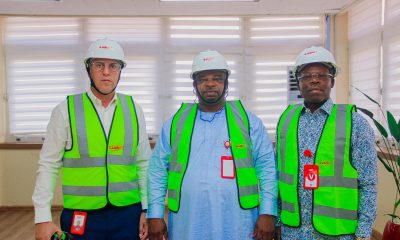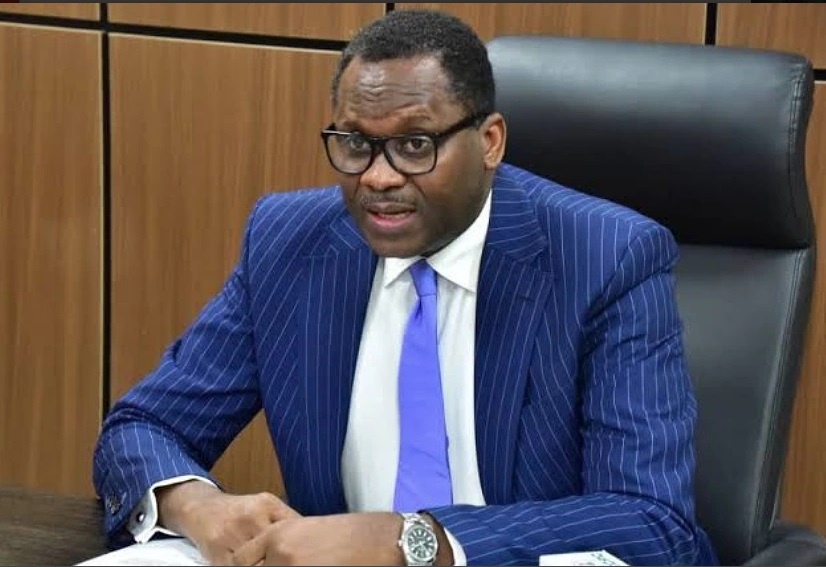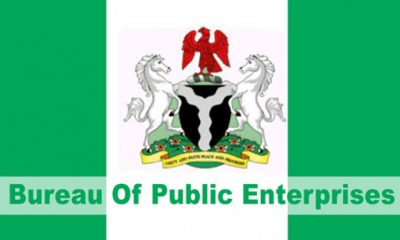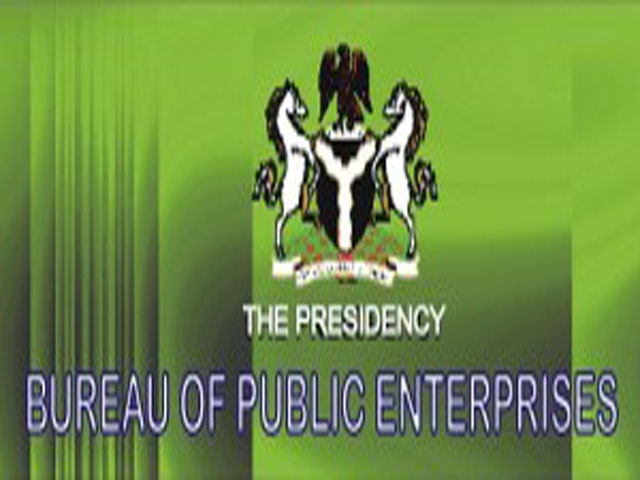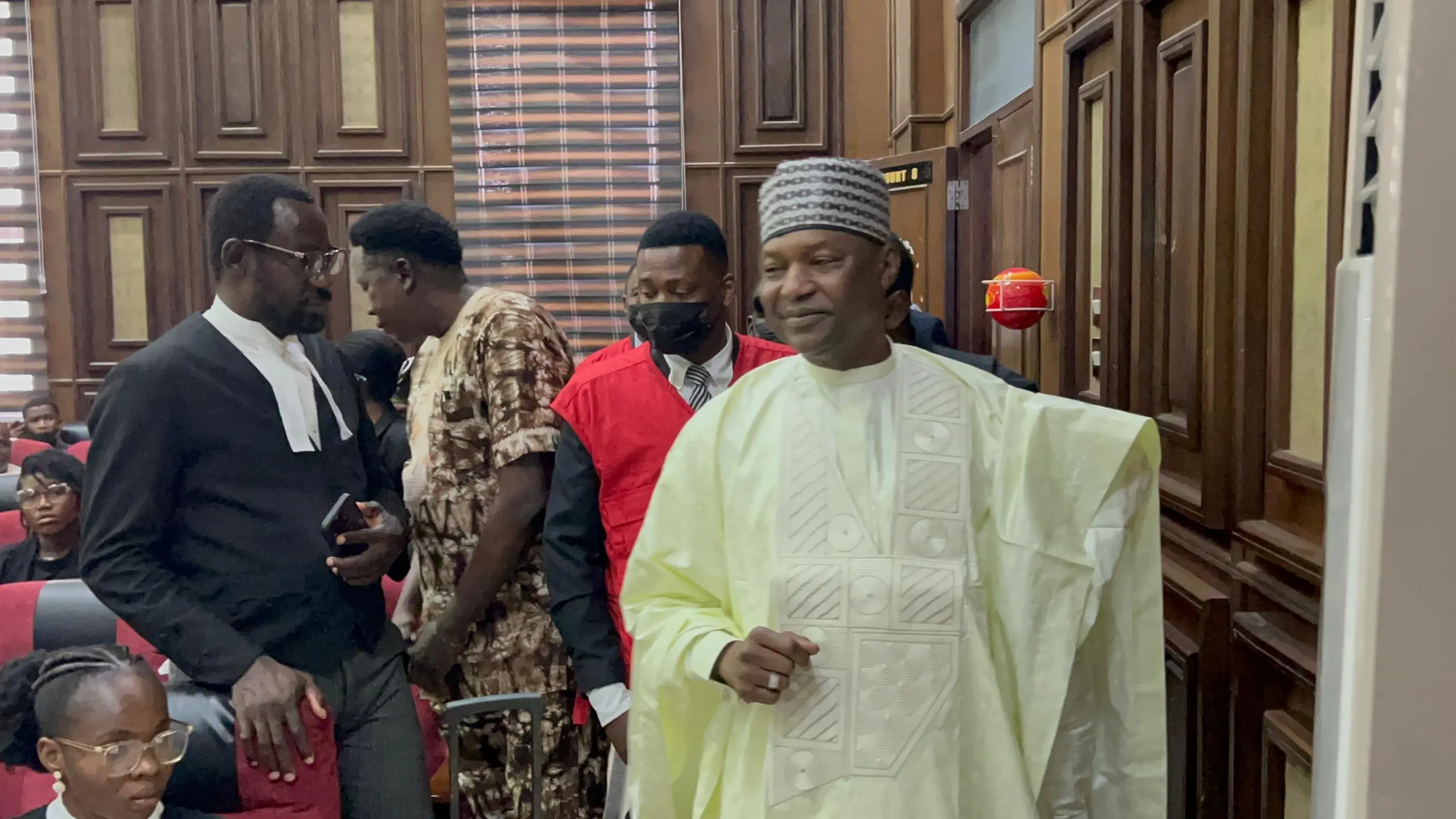By Adedapo Adesanya
The Bureau of Public Enterprises (BPE) has reiterated its commitment to optimise the federal government’s assets through private sector investment as it seeks to rely less on borrowing to fund the nation’s fiscal plans.
Speaking on this, Mr Alex Okoh, Director-General, BPE said the environment and the reception of the ideology of privatisation under the President Bola Tinubu-led administration were making more sense and gaining more ground under the present administration than the previous ones.
The DG said the present government was free market-oriented and private sector-oriented, thereby showing encouragement for the private sector to play a more dominant role in the economy.
He said this was against previously keeping everything within government, even when inefficiently managed.
“The president has been engaging the international investment community with the same message that Nigeria is open for business. The signal we are sending is that we have the opportunities for foreign direct investments to locate opportunities within the sector.
“For us, it is the way to go. We cannot borrow ourselves out of this problem because the more you borrow the deeper you dig the hole. Our position has always been that we need to optimise the assets the Federal Government has and rely less on borrowing to fund our fiscal plan.
“That is the role we will continue to play and more aggressively in 2024,” he stated.
Mr Okoh said the size of Nigeria’s infrastructure stock to Gross Domestic Product (GDP) was about 35 per cent, describing it as low for the size of the country’s economy.
He said other African countries considered to be ranked below Nigeria had a higher infrastructure stock to GDP compared to Nigeria.
The director-general said Ghana’s infrastructure stock to GDP was 45 per cent, while South Africa was about 70 per cent, and Egypt was close to 68 per cent.
“So imagine if we can raise the level of the infrastructure stock, we can imagine the multiplier effect and impact on Nigeria’s GDP.
“So we need to rethink how we want to grow this economy and create prosperity for the citizens.”
He further said, “We are not just dashing assets that are considered national patrimony to people anyhow. We reason through each privatisation and strategy we are adopting before we go ahead to take those decisions. More goes into the assets optimisation mandate of the bureau.
“There is a lot of efficiency brought into the management of these assets as a result of privatisation, commercialisation and concessioning of those assets rather than keeping them under the inefficient management of government.”
Mr Okoh added that the best business of the government was to provide an enabling environment for businesses to thrive under the drive of the private sector.

